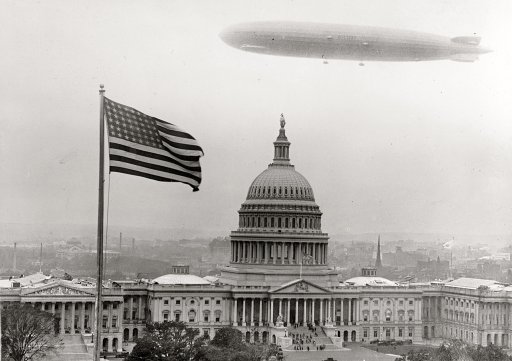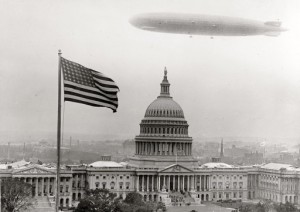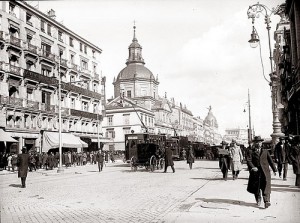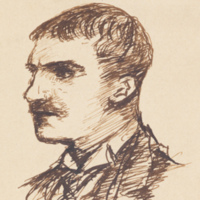 To John W. Yolton
To John W. Yolton
Via Santo Stefano Rotondo, 6
Rome. April 27, 1952
Dear Mr. Yolton,
You were very good to send me the number of the Columbia Philosophical Journal chiefly devoted to comments on my recent book, including your own article. I have at once read this, and most of the others, and my general impression is of the great difference in interest and taste that separates American feeling now from me, due doubtless to my advanced age and to the excited and absorbing sentiment that the political anxiety of the moment naturally produces in the United States. You are less affected (as I gathered long ago from your letters) than most of the others by this preoccupation, and yet I seem to see traces of it, not so much in what you say as in the omission of a point in my view of rational government which I regard as important: the idea of “moral societies”. Individual psyches are surely the only seat of synthesis for political ideas; but these ideas are largely diffused and borrowed in their expression and especially in the emotion or allegiance that they inspire. Religion, especially, is traditional. In conceiving of a Scientific Universal Economy, with exclusive military control of trade, I expressly limited its field of action to those enterprises in which only economic interests and possibilities were concerned. Education, local government, religion, and laws regarding private property, marriage and divorce, as well as language and the arts, were to be in the control of “moral societies” possessed of specific territories. These would be governed in everything not economic, by their own constitutions and customs. Of course sentiment and habits would be social in these societies. Children would all be brought up to expect and normally to approve them; but any individuals rebelling against their tribe would be at liberty to migrate, and to join any more congenial society that would take them in, or remain in the proletariat, without membership in any “moral society”. My view is that civilizations should be allowed to be different in different places, and the degree of uniformity or variety allowed in each would be a part, in each, of its constitutional character. It would by no means be expected that every person would lead a separate life. What I wish to prevent is the choking of human genius by social pressure.
Yours sincerely,
G Santayana
From The Letters of George Santayana: Book Eight, 1948-1952. Cambridge, MA: The MIT Press, 2008.
Location of manuscript: Unknown






